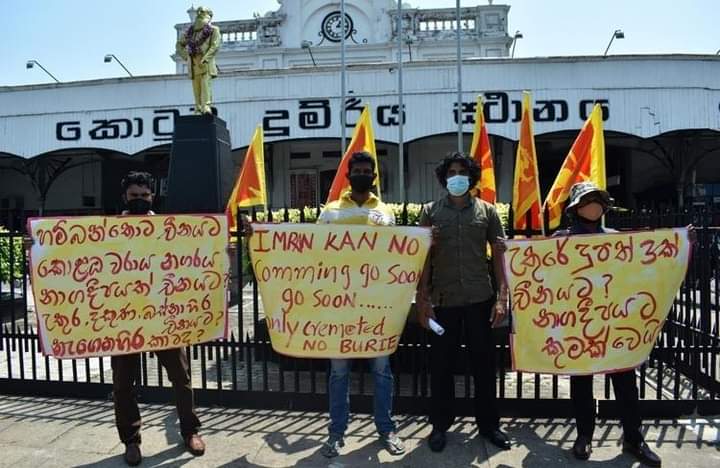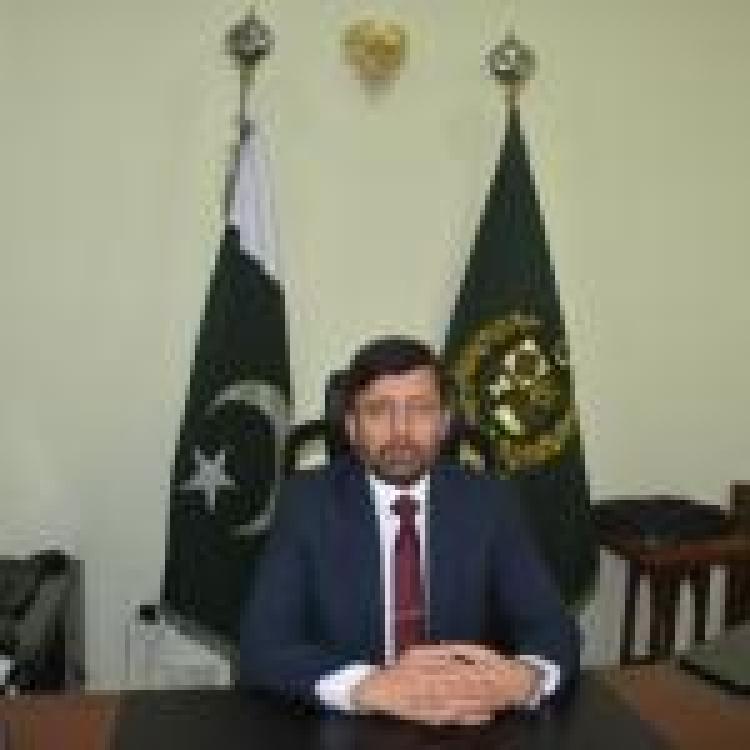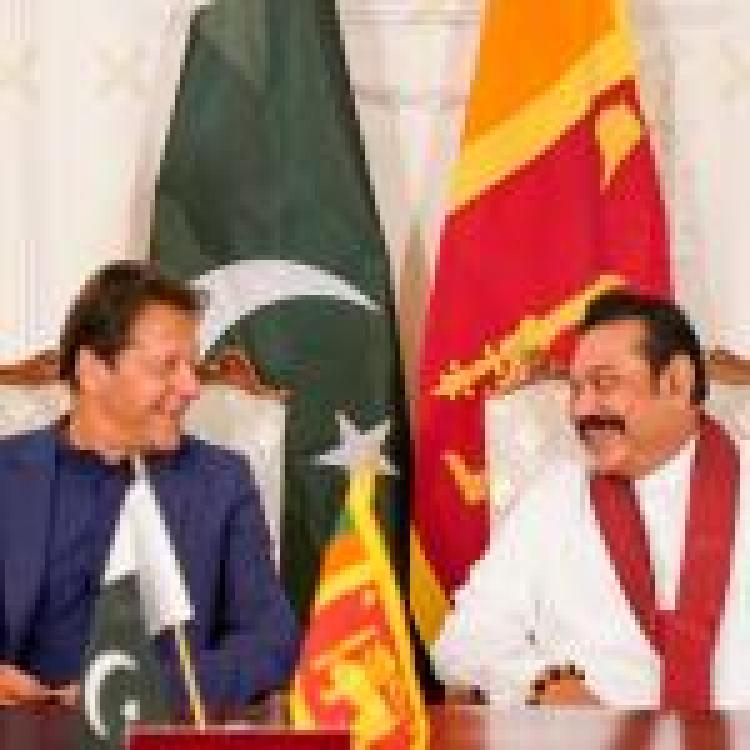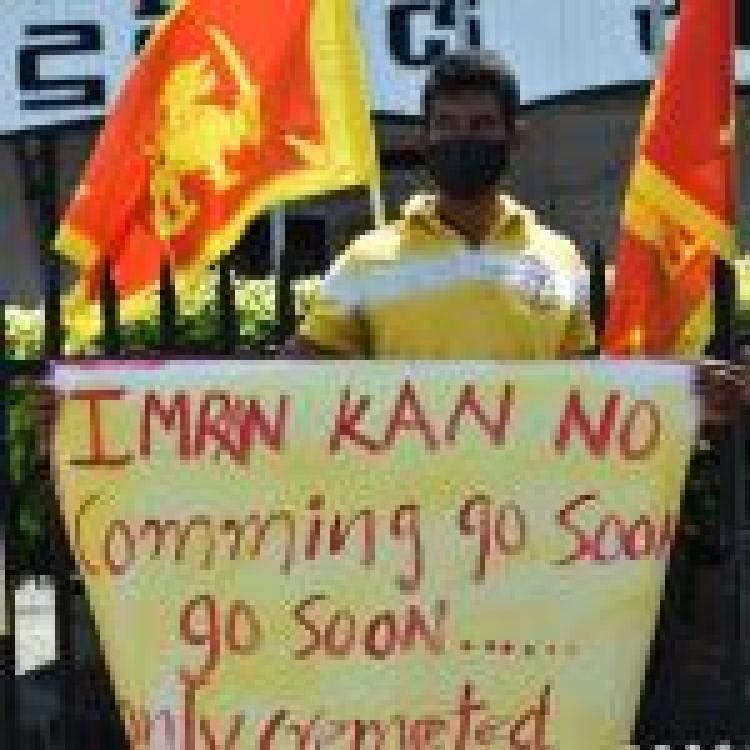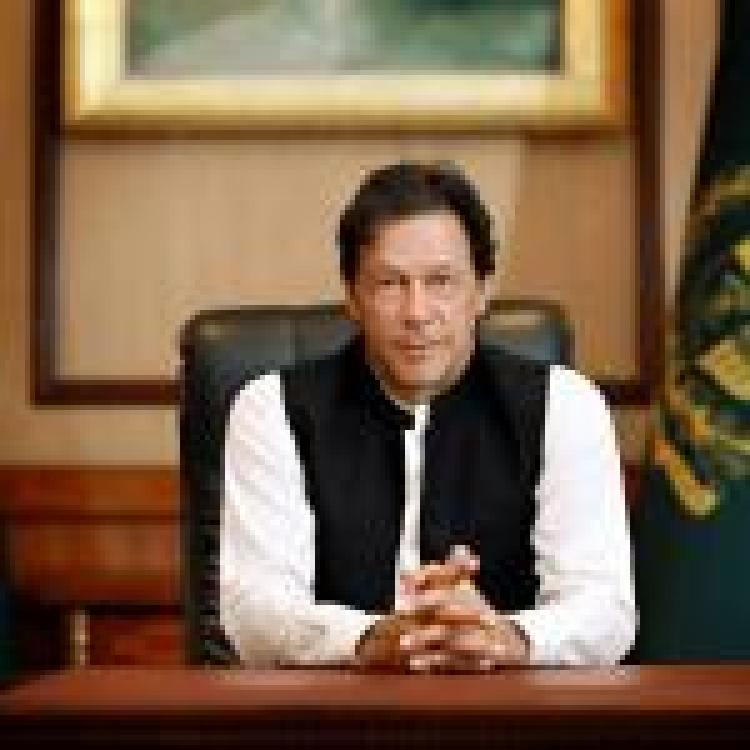.jpg)
Pakistan hosted the head of Sri Lanka’s army, and accused war criminal, Shavendra Silva, during their national military parade despite increasing discrimination against Muslims in Sri Lanka.
The visit follows the passage of the UNHRC resolution, which mandates the collection and preservation of evidence that may be used in a war crimes tribunal. During the Human Rights Council session, Pakistan voted against the resolution as the government pursued increasing bilateral trade and investment with Sri Lanka as well as extending a $50 million line of credit for defence purposes.
The strengthening of Pakistan and Sri Lanka's relationship comes as Sri Lanka has increased its repression and surveillance of Muslims and Tamils. In March, Sri Lanka expanded on its draconian Prevention of Terrorism Act which grants its security forces sweeping powers and enables for detention without charge. The act has been used to unjustly detain journalists and human rights defenders such as the Muslim lawyer, Hejaaz Hizbullah. In March 8 Muslims were arrested under the PTA.
The government has also proposed banning the face veil and the closure of over 1,000 Islamic schools. More recently the government has banned 11 Islamic organisations which include charities and student organisations.
In Amnesty International’s submission to the UN Special Rapporteur on Freedom of Religion or Belief, they highlight a pattern of violence and discrimination in Sri Lanka targeted towards Muslims following the end of the armed conflict. They note anti-Muslim riots in 2013, 2014, 2018, and violent reprisals against Muslims following the Easter Sunday attacks in 2019. “Following each of these riots targeting the Muslim community, the police arrested suspected perpetrators, but no convictions”, they note.
In February when Pakistan’s Prime Minister, Imran Khan visited Sri Lanka his parliamentary address was cancelled and his visit was met with fierce Sinhala nationalist backlash as protesters carried signs demanding that he return home and calling on the government to continue its internationally condemned policy of forced cremations.

